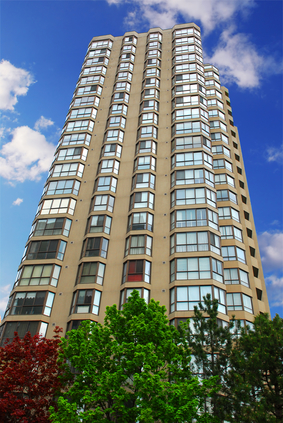The Co-op
April 10, 2013
“A cooperative apartment is an apartment in a building owned and managed by a corporation in which shares are sold, entitling the shareholders to occupy individual units in the building.” – A Definition from Merriam-Webster Dictionary
 Very often, one of the most critical disputes a family may have revolves around housing. Where will the children reside? Who stays in the marital home? Do they own or rent? If the parties own their home, it may be a condominium, a cooperative apartment (co-op) or a house. How should one structure a delayed sale, exclusive occupancy or a buyout if a family unit is restructured?
Very often, one of the most critical disputes a family may have revolves around housing. Where will the children reside? Who stays in the marital home? Do they own or rent? If the parties own their home, it may be a condominium, a cooperative apartment (co-op) or a house. How should one structure a delayed sale, exclusive occupancy or a buyout if a family unit is restructured?
While in other states a co-op is not such a common phenomenon, in New York State, and especially in New York City, a co-op presents a frequent form of ownership for many people. Most pre-war buildings in Manhattan are co-ops and so are many in Queens, Brooklyn and other boroughs. When you own a co-op, you don’t actually own real property. There is no deed, like in a house or a condominium. Instead, your form of ownership consists of a stock certificate that represents the number of shares allocated to your unit by the cooperative corporation, i.e. the building. The co-op has a Board of officers and members. These people make a lot of decisions. If you want to sell your co-op, your purchaser will have to complete an application for Board approval. The Board can approve or deny this application if it believes that the buyer is not financially secure, or, for any other reason at all under the “business judgment rule”. Click here to read more.




No comments:
Post a Comment